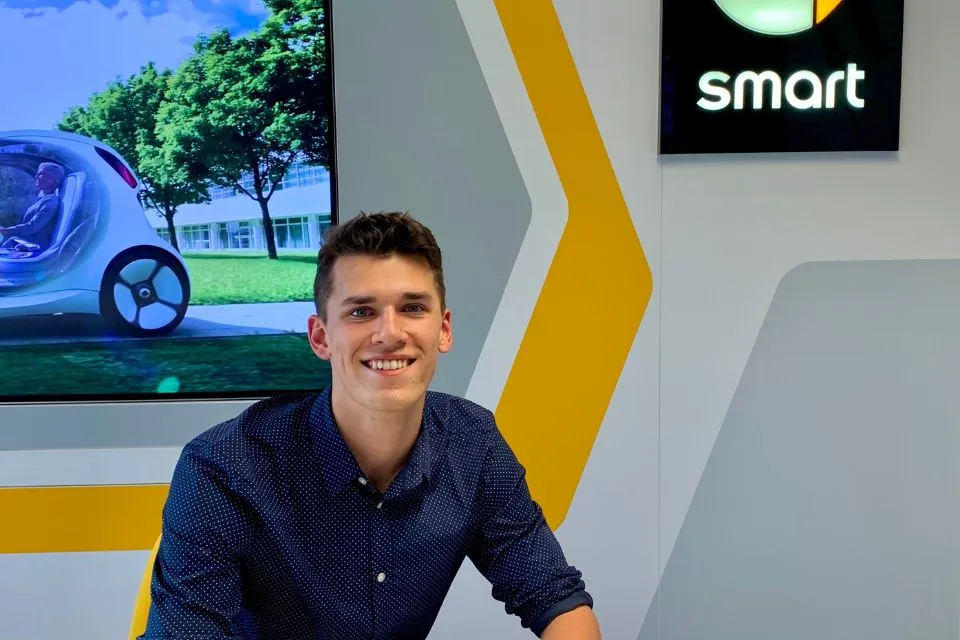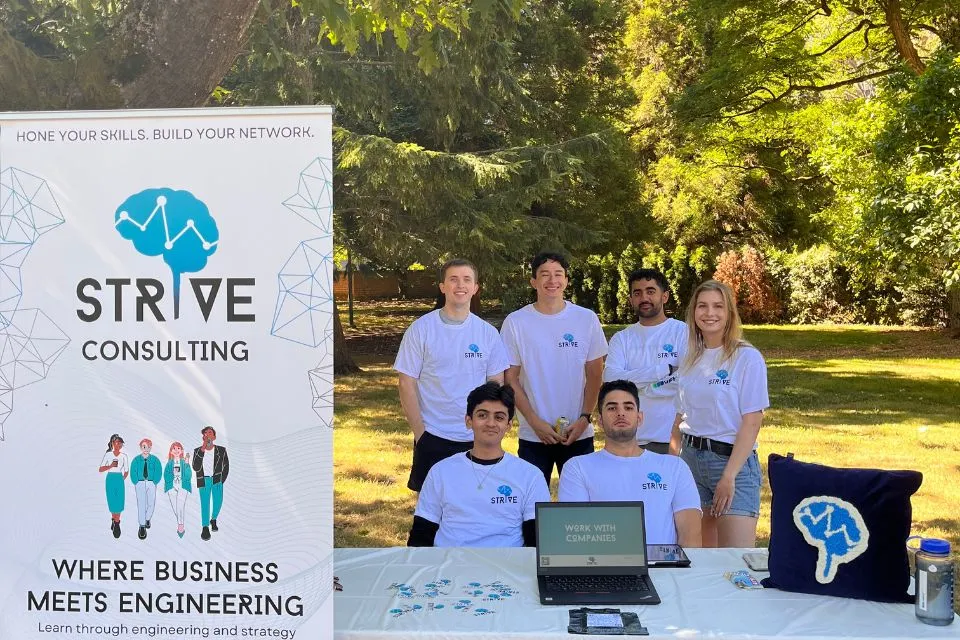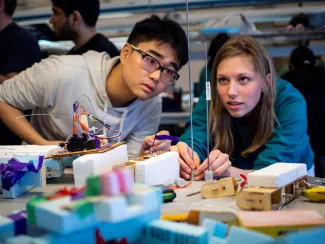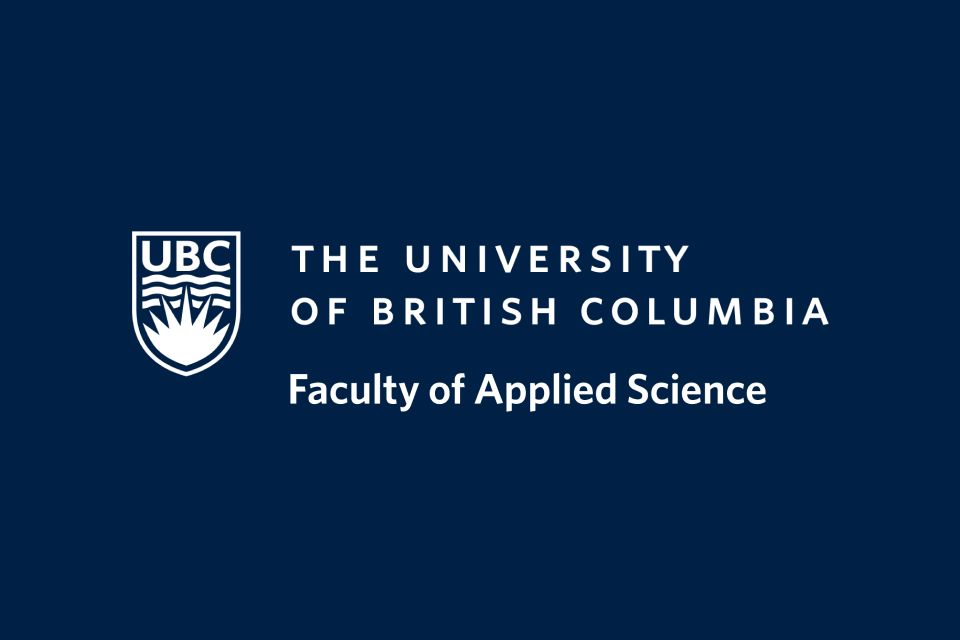"Make big spontaneous decisions - it makes life interesting and leads to cool experiences."
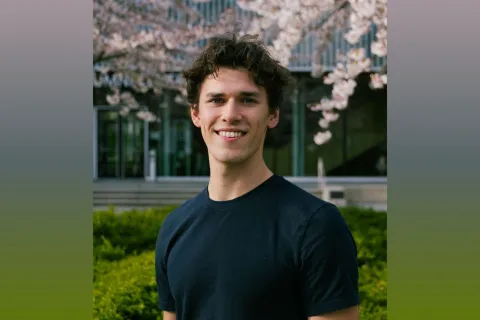
Callum Woznow
- Degree:
- Bachelor of Applied Science
- Grad year: 2023
- Program:
- Campus: Vancouver
Why did you choose to study Mechanical Engineering?
I chose mechanical engineering because I have always loved to build physical things, figure out how things work, and work with my hands. It excites me to sit down with a bunch of random components and leave my desk with a new piece of technology. I wanted to focus on biomedical engineering as a specialty to open my mind to new problems that I wouldn’t typically encounter in my daily life that could potentially make people’s lives better.
Your advice to incoming UBC Engineering students?
If you have any ounce of desire to start your own side project, business, or organization, you should lean into it and do it. There will never be a point in time where it feels comfortable to start, and for this reason you just need to push yourself to take the first step. You can start by testing smaller projects or ideas and work your way up!
What are your future plans to make a difference in our world?
I am a firm believer in entrepreneurship as a career path and I believe that to make a true impact in the world, you need to get your technology in front of people and into the market. For this reason, I am currently building an AI application company in hopes of giving millions of people a tool that they enjoy. In the future, I plan to apply my technical knowledge to build companies in the biomedical and/or clean energy sectors. I am particularly interested in combining generative AI with functional magnetic resonance imaging (fMRI) scans to better understand what goes on in the brain's visual cortex.
What was the most fulfilling part of your UBC experience?
At the end of my second year, I saw the need for an organization to helps students gain work experience with real technology companies while they take courses to explore different career avenues. With this, I founded an organization called Strive Consulting. This was the most fulfilling part of my UBC experience regarding my career as I got the opportunity to meet amazing people and help students get jobs! Throughout my time running Strive we had 55+ students, from Bachelor to PhD-level, gain work experience and internships with organizations such as a Bill Gates-backed startup and Caltech.
I have since passed Strive on to the next generation of students and I am excited to see where they take it!
